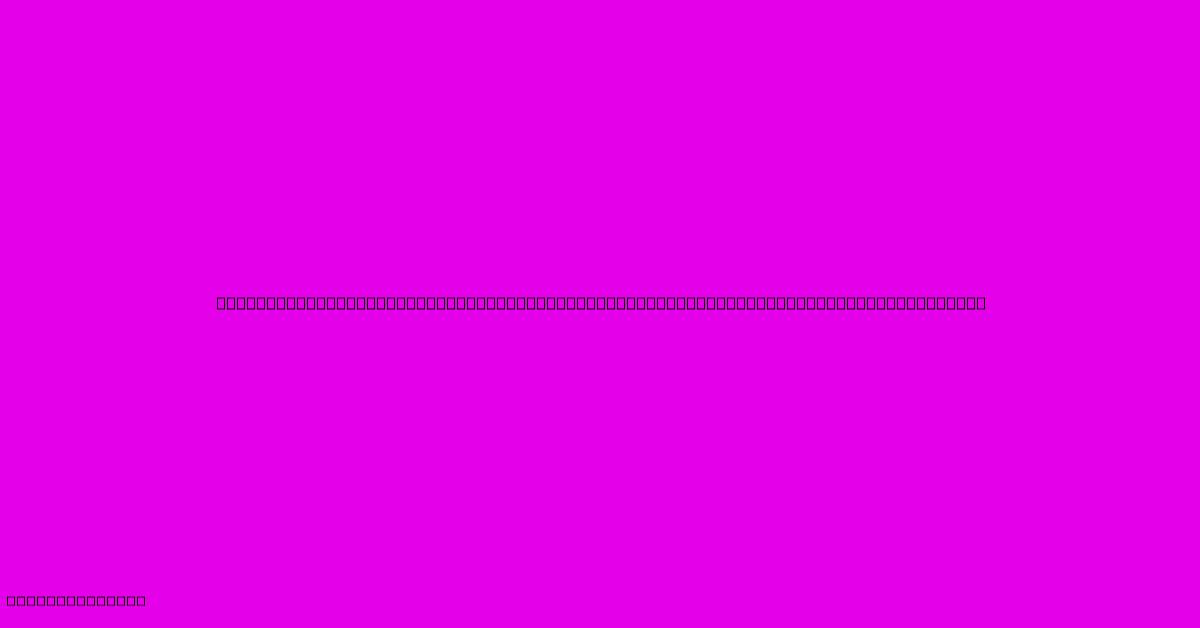Seventy-Five Percent Of Students Admit To Inappropriately Using Technology By

Discover more detailed and exciting information on our website. Click the link below to start your adventure: Visit Best Website mr.cleine.com. Don't miss out!
Table of Contents
Seventy-Five Percent of Students Admit to Inappropriately Using Technology: A Wake-Up Call for Educators and Parents
The alarming statistic: A recent study revealed that a staggering 75% of students admit to misusing technology in educational settings. This isn't just about occasional social media glances; it encompasses a wide range of inappropriate behaviors impacting learning and well-being. This alarming trend demands immediate attention from educators, parents, and students themselves.
What constitutes inappropriate technology use?
The definition of "inappropriate" varies, but common offenses include:
- Cheating: Using smartphones or laptops to access answers during exams or assignments is rampant. This includes using online resources, collaborating with others remotely, or employing AI writing tools to generate content.
- Distraction: Constant social media scrolling, gaming, and messaging significantly detract from classroom engagement and learning. The allure of instant gratification often overshadows the long-term benefits of focused study.
- Cyberbullying: The anonymity offered by technology can embolden negative behaviors, leading to instances of online harassment and bullying among students.
- Plagiarism: Copying and pasting information from the internet without proper attribution is widespread. Students may not fully understand the consequences of plagiarism, or may simply lack the skills to properly cite sources.
- Privacy violations: Sharing inappropriate content or accessing sensitive information without permission poses significant ethical and legal concerns.
The impact on learning and well-being:
The consequences of inappropriate technology use are far-reaching:
- Lower academic performance: Distraction and cheating lead to a superficial understanding of the subject matter, hindering true learning and hindering long-term academic success.
- Increased stress and anxiety: The constant pressure to stay connected and the fear of missing out (FOMO) contribute to heightened stress levels. Cyberbullying exacerbates these anxieties, leading to mental health issues.
- Weakened social skills: Excessive screen time can hamper the development of crucial social skills, impacting students' ability to interact effectively with peers and teachers.
- Damaged reputation: Cases of plagiarism or cyberbullying can have lasting repercussions, affecting students' future academic and professional prospects.
Addressing the issue:
Combating this pervasive problem requires a multi-faceted approach:
- Educate students: Schools need to implement comprehensive digital citizenship programs that teach responsible technology use, online safety, and ethical behavior. This should include explicit lessons on plagiarism, cyberbullying, and the consequences of cheating.
- Parental involvement: Parents play a crucial role in monitoring their children's technology use at home and setting clear boundaries. Open communication and shared understanding of acceptable online behavior are essential.
- Technological solutions: Schools can explore technological tools that monitor student activity and prevent inappropriate website access. However, such measures should be implemented ethically and transparently, respecting students' privacy rights.
- Strengthen teacher training: Educators need training on how to identify and address inappropriate technology use effectively. This includes developing strategies for classroom management and creating engaging learning environments that minimize distractions.
- Foster a culture of responsibility: Creating a classroom and school environment that promotes honesty, integrity, and responsible technology use is crucial. This requires clear expectations, consistent enforcement of rules, and support for students who struggle.
Conclusion:
The 75% statistic serves as a stark reminder that inappropriate technology use is a serious problem affecting students' learning, well-being, and future success. Addressing this issue requires a collaborative effort between educators, parents, and students themselves. By implementing comprehensive strategies that emphasize education, responsibility, and ethical behavior, we can help students harness the power of technology for learning while mitigating its potential harms. Ignoring this challenge will only perpetuate the problem and compromise the future of a generation.

Thank you for visiting our website wich cover about Seventy-Five Percent Of Students Admit To Inappropriately Using Technology By. We hope the information provided has been useful to you. Feel free to contact us if you have any questions or need further assistance. See you next time and dont miss to bookmark.
Featured Posts
-
Another Win Chiefs One Score Triumph
Dec 22, 2024
-
Indian Institute Of Technology Tuition
Dec 22, 2024
-
Element Materials Technology Huntington Beach
Dec 22, 2024
-
Apidel Technologies Legit
Dec 22, 2024
-
Mainz Siegt Santos Pechvogel
Dec 22, 2024
